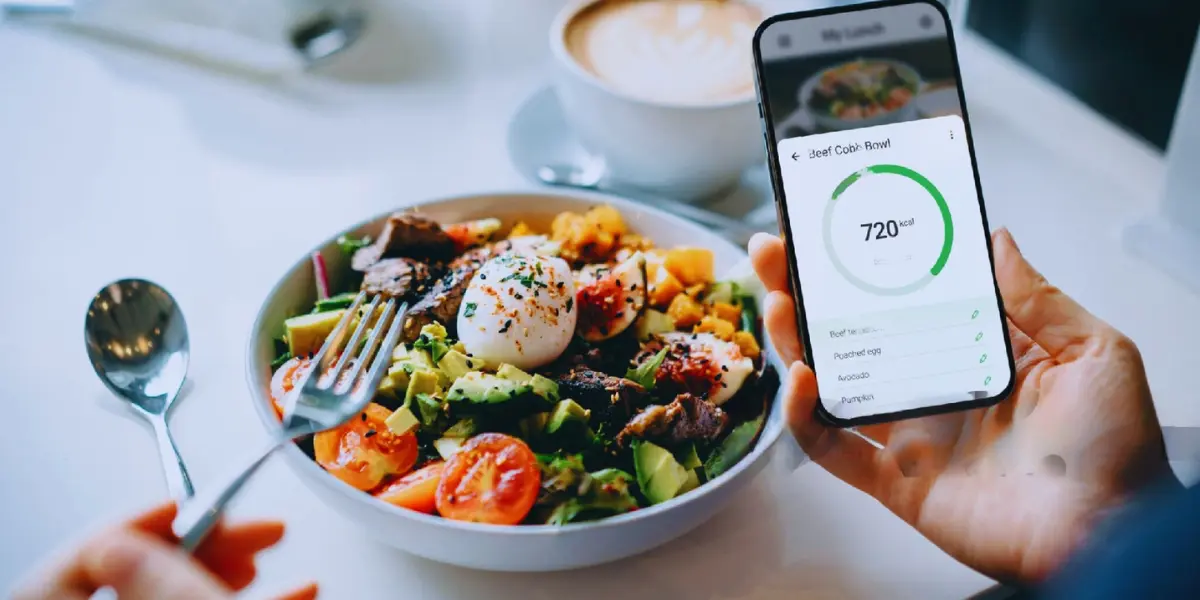Are you totally clueless about how your body uses fat for energy? To start with, fat helps provide energy for your body and hence your body needs a regular intake of fat. The backup energy is stored in fat cells that are distributed around your body. It is stored in various parts such as the abdomen, under the skin, and even in the liver, muscles, and brain. Now let’s delve deep into how your body uses fat for energy.
How Your Body Uses Energy? Energy Usage Of Body
Have you ever thought about how your body uses energy in multiple ways? For example, while you are resting, energy is needed for your heart to pump, your brain to think, and for your lungs to breathe. On the other hand, when you are active, your muscles need energy to do actions such as getting up from a chair or running a marathon. Last but not least, when you are eating, your digestive system needs energy to break down the food and store it.
Also Read:- Why Is Magnesium Important In Your Body? Health Benefits Explored

How Human Body Get Energy From Fat?
When your body requires energy, it sends signals requesting a release from the different energy-providing tissues. On receiving this signal, your adipocytes or fat cells initiate a process termed Lipolysis. As a result of Lipolysis, the fat cells will be separated from free fatty acids and glycerol. Subsequently, they will be released into your bloodstream. Further to that, Very Low Density Lipoproteins (VLDLs) and Low Density Lipoproteins (LDLs) carry these acid chains to the cells where they attach and deposit the acids.
How Do Fatty Acids Get Converted To Energy?
The fatty acid chains are split through Beta-oxidation ( it can be in or out of the mitochondria) into Acetyl-CoA which can enter the Citric acid cycle (in the mitochondria) along with oxygen and form Adenosine triphosphate (ATP). To explain, ATP is nothing but the energy-carrying molecule used in cells as it can release energy pretty fast. Even without oxygen, glucose can travel through the Citric Acid Cycle. However, it is a much more efficient process to create energy with oxygen regardless of whether it is from fat, glucose, or proteins. To add on, when beta oxidation is used to create ATP, it also leads to the generation of CO2, which is sent out through human lungs to be exhaled.
For your information, the human body uses fat to generate around 60% of the energy you use while being at rest. Once you become active, it tends to rely more on sugars stored in the muscles. However, over time, glycogen stores will be depleted and fat will slowly take over. At the end of the day, your body will replenish the glycogen stores that were depleted with the help of a process termed Gluconeogenesis. As part of this process, it takes fats and/or proteins and converts them to glucose for the purpose of storing in your liver, muscles, and kidneys.
When your body goes through each of these 3 processes i.e. lipolysis, beta oxidation and gluconeogenesis, it breaks down fat for use as energy. It is also used for storage as more accessible energy.
Also Read:- 5 Best Belly Fat Burner Supplements To Melt Away Stubborn Fat
How Much Fat Should You Eat Per Day?
The World Health Organization recommends that adults should restrict their total fat intake to 30% of total energy intake or less. In the case of those who are two years old or above, the fats consumed should primarily be unsaturated fatty acids. Of this, the total energy intake coming from saturated fatty acids should be less than 10% and the total energy intake from trans-fatty acids from both industrially produced as well as ruminant animal sources should be less than 10%.
To explain, saturated fatty acids are generally found in foods such as fatty meat, dairy foods, and hard fats and oils such as ghee, butter, lard, coconut oil, and palm oil. On the other hand, trans-fatty acids are found in foods ranging from pre-packaged snacks, baked and fried foods, and meat and dairy foods from ruminant animals, including sheep or cows.

End Result
Hope the article offers valuable insights into how your body uses fat for energy also and clears the air on the various doubts associated with it.